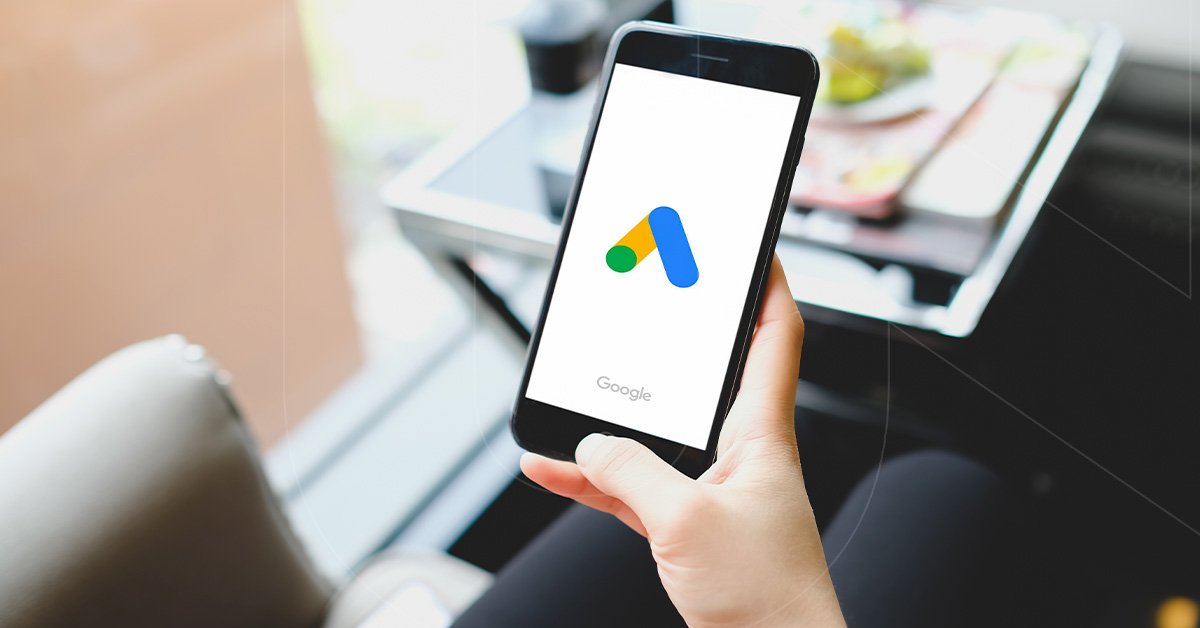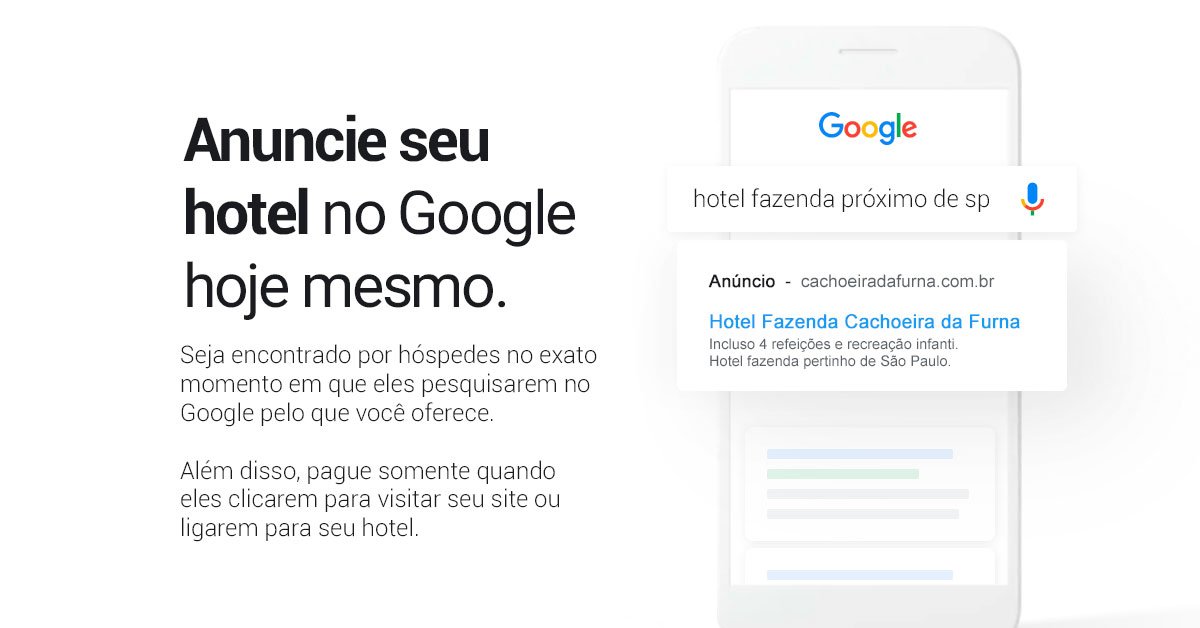The Importance of Google Ads for Hotels: How Online Advertising Can Increase Bookings

If you own a hotel, you know that one of the key ways to attract more guests and increase bookings is through a strong online presence.
Google Ads is one of the most effective tools for reaching a targeted audience and boosting your brand’s visibility online. In this article, we will explore how Google Ads for hotels can be used to increase bookings and bring more business to your property.
What is Google Ads and How Does It Work
Google Ads is an online advertising platform developed by Google, which allows businesses to create and display ads on Google’s search engine results pages and across the Google Display Network. Here’s a breakdown of how it works:
Ad Creation: Businesses create ads using Google Ads’ user-friendly interface. They can design text ads, image ads, video ads, or even interactive ads, depending on their goals and target audience.
Keyword Targeting: Advertisers select keywords relevant to their business. These keywords are the terms users are likely to search for when looking for products or services. Ads are triggered when users search for these keywords on Google.
Bidding: Google Ads operates on a bidding system where advertisers set a maximum amount they are willing to pay per click (CPC) or per thousand impressions (CPM). The platform uses an auction-based model to determine which ads appear and in what order.
Ad Placement: Ads are displayed on Google’s search engine results pages (SERPs) or on other websites within the Google Display Network. The placement depends on factors like bid amount, ad quality, and relevance to the search query.
Performance Tracking: Google Ads provides detailed analytics and reporting tools. Advertisers can track metrics such as clicks, impressions, conversion rates, and ROI to measure the effectiveness of their campaigns and make data-driven decisions.
Budget Control: Advertisers set a daily or monthly budget, which helps control spending. Google Ads will only charge for the clicks or impressions that fall within the set budget.
By leveraging Google Ads, businesses can target specific audiences, track campaign performance, and optimize their advertising strategies to achieve their marketing objectives.
How Google Ads Can Increase Hotel Bookings
There are several ways in which Google Ads can be used to increase hotel bookings. Below, we will explain some of the most effective methods for using Google Ads to attract more guests to your hotel.
Targeted Reach and Geolocation
Google Ads provides powerful targeting options that can help hotels attract potential guests more effectively:
Targeted Reach: With Google Ads, hotels can target specific keywords related to their services and location. This means ads will appear to users who are actively searching for accommodations in your area, ensuring that your hotel reaches a relevant audience interested in booking a stay.
Geolocation: Google Ads allows hotels to target users based on their geographic location. You can set up ads to appear to users in specific cities, regions, or even countries. This is particularly useful for attracting travelers who are looking for accommodation in your hotel’s specific location or nearby areas.
By leveraging targeted reach and geolocation, hotels can maximize their ad spend efficiency and increase the likelihood of attracting guests who are most likely to book a stay.

Increased Visibility
Google Ads significantly boosts a hotel’s visibility online:
Top Placement: Ads appear at the top of Google search results, giving your hotel prominent placement. This increased visibility can attract potential guests who might not otherwise see your property.
Ad Extensions: Google Ads offers various ad extensions, such as site links, call buttons, and location information. These extensions provide additional details and make your ad more engaging, helping to draw more attention and increase the likelihood of clicks.
Display Network: Beyond search results, Google Ads places ads on a vast network of websites through the Google Display Network. This extends your reach to potential guests who are browsing other sites, increasing brand awareness and attracting interest in your hotel.
By enhancing visibility through Google Ads, hotels can capture more attention from potential guests and improve their chances of securing bookings.
Why Google Ads is Important for Hotels
Increased Online Visibility: Google Ads places your hotel’s ads at the top of search engine results and on relevant websites, making it more visible to potential guests who are actively searching for accommodations.
Targeted Advertising: Hotels can use Google Ads to target specific keywords and demographics, ensuring their ads reach users who are most likely to be interested in booking a stay. This targeted approach improves the efficiency of your advertising spend.
Cost-Effective: Google Ads operates on a pay-per-click (PPC) basis, meaning you only pay when someone clicks on your ad. This model allows hotels to control their budget and optimize spending based on performance.
Performance Tracking and Analytics: Google Ads provides detailed performance data, allowing hotels to track metrics such as clicks, impressions, and conversions. This data helps in refining advertising strategies and making informed decisions to maximize ROI.
Geographical Targeting: Hotels can target ads based on location, ensuring that they attract travelers who are searching for accommodations in specific areas. This is particularly useful for attracting guests who are planning to visit the hotel’s location.
Flexible Budgeting: Hotels can set daily or monthly budgets for their campaigns, allowing them to manage advertising costs effectively. This flexibility helps in adapting to seasonal demand and other changes.
Increased Direct Bookings: By directing potential guests to the hotel’s booking page, Google Ads can help increase direct bookings, reducing reliance on third-party booking sites and their associated fees.
Improvement of ROI
Google Ads can significantly improve a hotel’s return on investment (ROI) through several key factors:
Targeted Advertising: By targeting specific keywords and audience segments, Google Ads ensures that your advertising budget is spent on attracting users who are most likely to book a stay. This targeted approach increases the chances of converting clicks into actual bookings.
Cost Control: Google Ads allows hotels to set daily or monthly budgets, and use bidding strategies to control costs. The pay-per-click (PPC) model means you only pay when someone clicks on your ad, making it easier to track and optimize spending for better ROI.
Performance Tracking: With detailed analytics and reporting, Google Ads provides insights into the performance of your campaigns. You can track metrics like conversion rates, cost-per-click, and overall ad performance, enabling you to make data-driven decisions to improve ROI.
Ad Optimization: Google Ads offers various tools for ad optimization, such as A/B testing and bid adjustments. By continuously testing and refining your ads, you can enhance their effectiveness and achieve a higher ROI.
Conversion Tracking: Implementing conversion tracking helps you measure the success of your ads in terms of actual bookings and revenue. Understanding which ads and keywords generate the most conversions allows you to allocate your budget more effectively and improve ROI.
Remarketing: Google Ads’ remarketing features enable you to target users who have previously visited your site but didn’t book. This helps in re-engaging potential guests and increasing the likelihood of conversion, enhancing your overall ROI.
By leveraging these features and strategies, hotels can maximize their advertising effectiveness, reduce wasted spend, and achieve a better return on their investment with Google Ads.
